#Translated fiction
Explore tagged Tumblr posts
Text






hi!!! another one of my translated drabbles is here! today it's Kim Mingyu from Seventeen. English is not my native language ���🏻
masterlist
being a couple with Mingyu means feeling safe and loved, hidden away from all the storms of the world.
his smile always makes you freeze for a second because his face literally lights up, filled with warmth and love while he is looking at you.
being a couple is to share evenings together and do some house chores such as cooking, moving the furniture or cleaning the apartment, which only strengthens your relationship and adds some sense of real life - the idea of being in a relationship with a person you can share mundane things with.
not to mention that Mingyu is a warm and pleasant person, who deserves to be loved for his bright and realistic-optimistic personality.
Mingyu is always there, always supports you, gives you the tightest and the softest and the warmest hugs ever, kissing your forehead and whispering cheering words into your ear.
Kim Mingyu is the most affectionate and gentle golden retriever, who always enjoys being around you.
#my writing#kim mingyu x reader#kim mingyu#seventeen#drabble#softcore#translated fiction#mingyu#couple goals
149 notes
·
View notes
Note
Hey Mimi do you have any recommendations for books set in Latin America (any genre) ?
So I am going to assume that you are not asking for picks like Gabriel Garcia Marquez or Isabel Allende. Most of the Latinx authors I read are unfortunately fantasy or genre fiction set in the USA (I'm trying to remember if Tehlor Kay Mejia or Anna-Marie McLemore wrote a book that is explicitly set in a Latin American country.)
Here are a couple of books I enjoyed, or at least feel confident recommending based on what I remember:
Certain Dark Things by Silvia Moreno-Garcia (adult, urban fantasy, horror): Described by the author as a "violent neo-noir", this story is set in an alternate, gritty Mexico City, and follows a Tlāhuihpochtli vampire who strikes a bond with an impoverished street kid, while fleeing from narco-vampire clans, criminal gangs, and other dangers lurking in the dark underbelly of the city.
Gods of Jade and Shadow by Silvia Moreno-Garcia (adult, historical fiction, fantasy): In 1920s Mexico, a young woman accidentally frees the spirit of the Mayan God of Death, and embarks on a cross-country mission with him: from the dazzling Jazz Age opulence of Mexico City, into the darkness of the Mayan underworld– where she must face great dangers to reinstate the God on his rightful throne.
Mexican Gothic by Silvia Moreno-Garcia** (adult, historical fiction, horror): A glamorous, fun-loving socialite in 1950s Mexico receives a disturbing letter from her married cousin, prompting her to travel down to their ancestral mansion, where the in-laws' live. There, on that ancient, colonial estate, she begins to be haunted by an equally ancient evil, and soon realises something is terribly wrong about the family her cousin has married into.
Tender is The Flesh by Agustina Bazterrica** (adult, dystopia, horror): In a near-dystopian future, an infectious virus turns all animal meat poisonous and unfit for consumption, forcing governments to legalize the factory-farming, breeding and eating of human meat. At one such processing plant, a worker is faced with a moral dilemma when he is gifted a "live" specimen.
Elena Knows by Claudia Piñeiro (adult, psychological thriller): Set in Argentina, this is a claustrophobic, uneasy novella about a mother's journey to uncover the truth behind the hushed-up murder of her dead daughter; the investigative mission, however, is made difficult by her advanced locomotive disability and age, as well as by this slowly unfurling realization: that she may not have known her daughter as truly as she thought.
And a couple I have not read/read and did not enjoy at all, but would recommend because my opinion seems to be in the minority:
Jawbone by Mónica Ojeda** (adult, horror, thriller, LGBTQ): A group of wealthy teenage girls attending an elite academy in Ecuador begin to convene regularly in an abandoned building, after school hours– but what started out as a place to exchange ghost stories, soon devolves into a site of dangerous thrill-seeking and dark, bloody rituals. (Note: I absolutely despised it, but you may enjoy; it's sapphic dark academia with cosmic horror and yellowjackets vibes).
Our Share of Night by Mariana Enríquez (adult, horror, historical fiction, fantasy): Set partially during the years of Argentina's brutal military dictatorship, this novel follows a father and son on a road trip, trying to escape a death cult, who have committed unspeakable atrocities. I have not read this gigantic tome, but I really want to, I am a sucker for horror rooted in political/historical allegories.
Cantoras by Carolina De Robertis (adult, historical fiction, LGBTQ): In 1977 Uruguay, a time when oppressive militia rule criminalized homosexuality as a dangerous transgression, five queer women discover an uninhabited cape, and claim the coastal sanctuary for themselves. Over years, it becomes their one safe haven, to be their true selves. Not read this, but it sounds strikingly similar to Last Summer at Bluefish Cove, one of my favourite queer stories of all time.
[ Note: All the stories are adult and given my inclination towards horror and psychological fiction, they are likely to be dealing with sensitive issues, but for the stories marked ** I very highly recommend checking trigger warnings ]
#mimiwrites#answered ask#faewong#book recs#books#book recommendations#horror#latin american literature#latin america#horror books#litblr#studyblr#silvia moreno garcia#mexican gothic#dark academia#our share of night#queer books#queer#lgbtq#tender is the flesh#translated literature#translated fiction#dystopia#historical fiction#yeah
166 notes
·
View notes
Text

This collection is now four books long, do we think there will be a fifth?
#toshikazu kawaguchi#before the coffee gets cold#tales from the cafe#before your memory fades#literature#fiction#translated fiction#translated literature#japanese literature
56 notes
·
View notes
Text




here’s the whole book haul <3 im excited to dig in
i think translated fiction is def my fave thing
#bookblr#book haul#book photography#nick cave#natsuo kirino#the death of bunny munro#the houseguest#mona#translated fiction
25 notes
·
View notes
Text


on my asian readathon tbr 🏮
#books#booklr#book#reading#read#bookworm#reads#bookaholic#bookaddict#readathon#currently reading#pachinko#welcome to the hyunam dong bookshop#translated fiction#min jin lee#hwang bo reum#asian readathon#asian readathon tbr
79 notes
·
View notes
Text

International fiction, 1940–2000
Choosing the final entries for this chart felt like an impossible task. Fortunately, my full web list currently features 170 notable works of literature originally written in languages other than English, leaving a little less room for second-guessing (and complaints).
#book list#book recommendations#book recs#world literature#translated literature#translated fiction#translated books
30 notes
·
View notes
Text

Just One More Page Challenge Day 12: Book Stack
Joining the Just One More Page Challenge a little late this year….but god has 2025 already zoomed by!
For today’s challenge, I thought I’d showcase some of the translated fiction I have on hand. I haven’t read all of these yet, but I’m looking forward to doing so soon!
Have you read any of these books? What did you think?🌙
#look mom I did it I posted#justonemorepage#jompbpc#reading challenge#bookblr#a sign of affection#suu morishima#the memory police#the housekeeper and the professor#yoko ogawa#solo dance#li kotomi#kim jiyoung born 1982#cho nam joo#hardboiled wonderland at the end of the world#haruki murakami#translated fiction#translated literature
43 notes
·
View notes
Text
Persian translation of the Ring Poem by J. R. R. Tolkien (by me)
Here is my take at translating the Ring Poem from english to persian, hope it will arouse your interest !
If you are interested by the process and my notes, it will be below it all.
English
Three Rings for the Elven-kings under the sky,
Seven for the Dwarf-lords in their halls of stone,
Nine for Mortal Men doomed to die,
One for the Dark Lord on his dark throne
In the Land of Mordor where the Shadows lie.
One Ring to rule them all. One Ring to find them,
One Ring to bring them all and in the darkness bind them
In the Land of Mordor where the Shadows lie.
Persian
سه حَلقه واسهٔ پادیشاه الفی تَحت آسمان،
هفت واسهٔ اربابهای دورفی توی اُتاق سنگ،
نه واسهٔ انسانهای فانی محکوم به مرگ،
یک واسهٔ ارباب تاریک بر سریر تاریکش،
در استان موردور کجا سایها میخزند.
یک حلقه واسهٔ حکم راندنِ برهمه. یک حلقه یافتنشان،
یک حلقه واسهٔ آوردنِ برهمه و توی تاریک پیوستنشان
در استان موردور کجا سایها میخزند.
Transliteration in latin script
se halqe vâse-ye pâdishâh-e elfi taht-e âsemân,
haft vâse-ye arbâbhâ-ye dvarfi tu-ye otâq-e sang,
noh vâse-ye ensânhâ-ye fâni mahkum be marg,
yek vâse-ye arbâb-e târik bar sarir-e târikesh,
dar estân-e mordor kojâ sâyehâ mikhazand.
yek halqe vâse-ye hakam rândan-e barhame. yek halqe yâftaneshân,
yek halqe vâse-ye âvardan-e barhame o tu-ye târik peyvastaneshân
dar estân-e mordor kojâ sâyehâ mikhazand.
I hope you will like it :) if you like the topic, you can keep reading
My process and few interesting notes
Of rhymes, rhythm, and word choice
As it can be seen, I managed to make the second quatrain have quite perfect enclosed rhymes ! A thing I could not successfully replicate in the first one… or could I ?
The first and forth verse are the problem — although both 3 syllables, and cretics as per my prononciation (kept the second e in esemân specifically for that effect) ; so quite rhythmically pleasant. But it was too close to perfection to let it pass. Even if the idea of the only two words not rhyming being the sky of the Elves and the darkness of Sauron’s throne was dramatically fortunate, even quite brilliant. But it was not by my doing, only chance’s ; so it was important to me to add brilliance intentionally, by making it rhyme all the way.
My first idea was to change the word for dark, تاریکش (târikesh) into ویران (virân), making it then :
se halqe vâse-ye pâdishâh-e elfi taht-e âs(e)mân,
haft vâse-ye arbâbhâ-ye dvarfi tu-ye otâq-e sang,
noh vâse-ye ensânhâ-ye fâni mahkum be marg,
yek vâse-ye arbâb-e târik bar sarir-e virân,
It was a fine solution, but that had problems still.
Firstly, the -esh in تاریکش (târikesh) is the possessive suffix, part of the bigger nominal group سریر تاریکش (sarir-e târikesh), meaning “his dark throne” (lit. throne dark his) ; hence the -esh. If I was to use the word ویران (virân), that possession was no more, making it mean “the dark throne”, which was okay-ish (ahah, get it?), but not literal.
Furthermore, ویران (virân) means more “desolate”, “ruined” than “dark” ; it could mean something, like a “dark world”, but it wasn’t literally because it was dark. But desolate was fine ! Mordor is quite it, given how it’s described.
Note how I wrote this time âsemân with parentheses, âs(e)mân, pronounced then âsmân — both are equally said — to match the metric of virân. A nice touch, but no possession.
I wanted the possession.
My second idea was to change the word for sky, آسمان (âsemân) into عرش (‘arsh), making it then :
se halqe vâse-ye pâdishâh-e elfi taht-e ‘arsh,
haft vâse-ye arbâbhâ-ye dvarfi tu-ye otâq-e sang,
noh vâse-ye ensânhâ-ye fâni mahkum be marg,
yek vâse-ye arbâb-e târik bar sarir-e târikesh,
As easily guessed, it had problems.
The first problem was both one… and a genius play on words. For عرش (‘arsh) means sky but in a metaphorical manner, think throne of God type of sky meaning. Which was a problem, and a miracle. Alluding to earthly religions is always risky for translations, in my opinion ; too much connotation, interfering with the translation itself. But, at the same time, it was fun. The parallel between the “throne” of the Elves (or maybe Eru Ilúvatar’s one ?) and the throne of Sauron. Good vs evil is always neat, especially when speaking of Tolkien !
Another issue was the fact that the rhymes were poorer than before, rhymes still, but poor.
A good point was the fact that we kept the possession. Important point, of course.
Of my process and sources
This part will be quick, I promise.
I mostly used Glosbe, not that much for words (well, I used it to find عرش (‘arsh) or ویران (virân), to be fair) but more to have access to its corpuses, diving into the open subtitles of the Lord of the Rings movies. I didn’t want to copy-paste the already made translations, but I used it up has a way to see how they prism through they translated english. It was interesting. Used the french ones, too.
Yes, because last of all, persian in not my mother tongue, neither is english. French is, so excuse my “frenchism” if it occurs.
If you are a persian speaker, any notes or thoughts are more than welcome ! Please, enlighten me. Know that I tried my best and do as best I could, given my knowledge, my guts, and my sources.
#lotr#writing#my writing#farsi#persian#فارسی#tolkien#silmarillion#lord of the rings#the rings of power#rings of power#translation#translated literature#translated fiction#translated poetry#linguistics#language#art#poetry#books#iran#ارباب حلقه#fantasy#high fantasy#dark fantasy
44 notes
·
View notes
Text
"And we don't repent from our dreams no matter how many times they're broken.
ولا نتوب عن أحلامنا مهما تكرر انكسارها"
Mahmoud Darwish, Palestine's National Poet and Author
#mahmoud darwish#words#quotes#life#books#writers#dreams#palestine#translated fiction#gaza#free gaza#free palestine#arabic
18 notes
·
View notes
Text

More Japanese literature 📚🇯🇵
#third instalment of this series#I’ve read so many there can be many more of these types of posts lol#diary of a void#emi yagi#days at the morisaki bookshop#satoshi yagisawa#she and her cat#makoto shinkai#naruki nagakawa#sweet bean paste#durian sukegawa#the kamogawa food detectives#hisashi kashiwai#a wild sheep chase#haruki murakami#all the lovers in the night#mieko kawakami#spark#naoki matayoshi#strange weather in tokyo#hiromi kawakami#the nakano thrift shop#japanese lit#japanese literature#translated#translated fiction#books#reading#bookblr#bookstagram
23 notes
·
View notes
Text



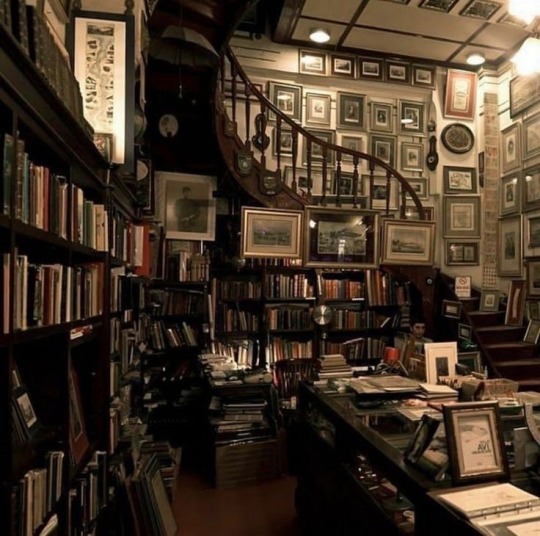


woah, i finally decided to post one of my translated drabbles here and give it a try 🥺 english is not my native language!! let me know if you like it🫰🏻
masterlist
pov: a date with Ha Joon in a coffee shop with a built-in bookstore.
the smell of coffee hangs in the air, mixed with the aroma of old books. Ha Joon smiles as he watches you walking among the rows of book shelves, your fingertips gently caressing the backs of the books.
to be on a date in a place like this feels like an eternal torture of choosing between drinking delicious coffee and reading books while trying not to put any stains on the pages. oh, and also you need to not forget that you're here on a date.
in the end you both choose small books, the ones that are easy and fast to read here while drinking coffee and eating donuts, wiping your fingers with wet wipes before you turn the page.
#wi ha joon#wi ha joon x reader#wi ha jun#squid game#Worst of evil#drabble#Boyfriend material#romantic#cute date ideas#my writing#translated fiction#korean actor
56 notes
·
View notes
Note
1 & 5 for the book ask thing
1 - Fave Books
Gun to my head, I had to narrow it down to five books and felt like drinking bleach throughout. In no particular order, they are as follows:
Providence Girls by Morgan Dante ( @ghostpoetics on tumblr): A historical cosmic horror novel set in 1940s New England which retells two Lovecraftian horror tales in the form of a tragic sapphic love story. Fucking broke me. Exists at the very specific juncture of my mind between the lesbian eroticism and healing from trauma of The Handmaiden, and the body horror and monster romance of The Shape of Water.
Annihilation by Jeff Vandermeer: I'll be honest the movie was whatever for me but this book was what kids these days call a serve...a banger even. Don't know how the author described the surreal morphing sentient, geographic, sort of sci-fi sort of psychological– sort of straight up eldritch horror?? but it terrified the shit out of me, because everything was so beautiful, so unsettling and so distorted, that by the end I wanted to be consumed alive by the fungi and the lighthouse moss too. Also the biologist is to me what Camille Preaker and Abigail Hobbs are to vaguely sad white girls on tumblr.
Walking Practice by Dolki Min: An allegory for queer peoples' alienation in South Korea, wrapped up in a gruesome, dark and funny little story about a crash-landed alien that kills people via dating app stalking. Not only was this book fucking fantastic visually in terms of typesetting and illustrations, but also the translation was genuinely great. And while the narration was very funny, there were also many passages that were gut-punchingly tragic and raw, and captured how it feels to be trans, queer and disabled in a homophobic, conservative society.
Blue Hunger by Viola Di Grado: Gorgeous litfic novella about a young Italian teacher grieving the loss of her brother, who moves to Shanghai and has a toxic, obsessive, dreamlike affair with a Chinese lesbian, one of her new students. This one is not for everybody because the romance is extremely imbalanced, unhealthy and nasty but also I don't care because the writing was so hauntingly beautiful. Think cityscapes, urban loneliness, lesbian sex in dirty alleys and grief striking you at the oddest, sweatiest, most surreal hour of night.
The Sympathizer by Viet Thanh Nguyen: Scathingly powerful political-historical satire novel, about a Viet Cong spy in the South Vietnamese army who escapes to USA during the 1970s fall of Saigon, and once there, finds himself repulsed and fascinated by the heinous facade and global crimes perpetuated by the Western intellectual, political and military complex that he both loathes and lusts after. Easily the best book I read this year, banger from beginning to end, reminded me why I love historical fiction. It TEARS apart American imperialism, the politics of colonial/orientalist academia, propaganda film, and anti-communist fear mongering in the 70s, during the Vietnam war. Delicious and horrifying usage of the unreliable narrator. Extremely relevant, timely read today. If there's one book you take from this list, it should be this one.
5 - Book I would recommend to anyone
We Deserve Monuments by Jas Hammonds. It's a YA novel about a teen Black girl who moves to rural Georgia with her parents to look after her terminally ill, estranged maternal grandmother, but ends up having a whirlwind summer as the dark, violent and tragic secrets of her family's past–and that of her mother's childhood hometown–comes to light. This is possibly one of the best young adult books I ever read, it felt like a cross between a coming-of-age film, and a classic historical transgenerational family saga. It was at once a love letter to finding queer and Black joy and community in a conservative Southern town, but also harrowing grief about historic racism and police brutality and how trauma informs identity, as does love. I mean this in the most respectful way possible: in parts this reminded me of Toni Morrison's Beloved, that's how fucking good it was.
#answered ask#gh0s1y#book recs#book recommendations#books#providence girls#horror#sapphic books#annihilation#southern reach#jeff vandermeer#the sympathizer#viet thanh nguyen#blue hunger#walking practice#dolki min#translated fiction#translated books#trans books#asian literature#novels#yeah.
60 notes
·
View notes
Text

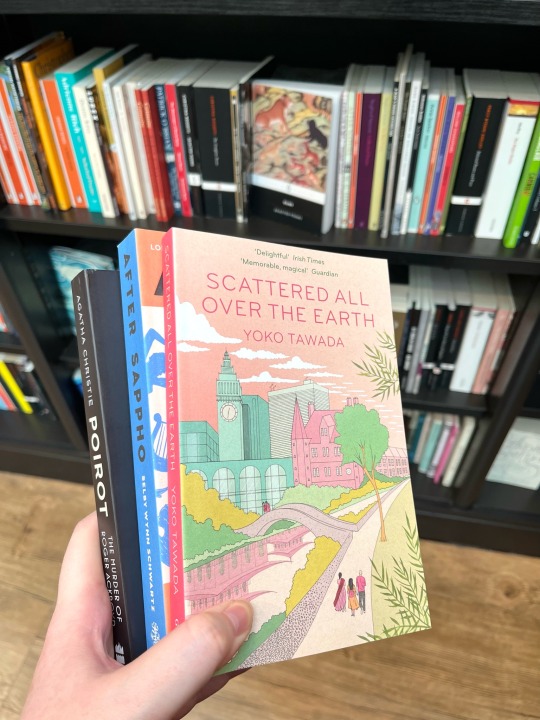
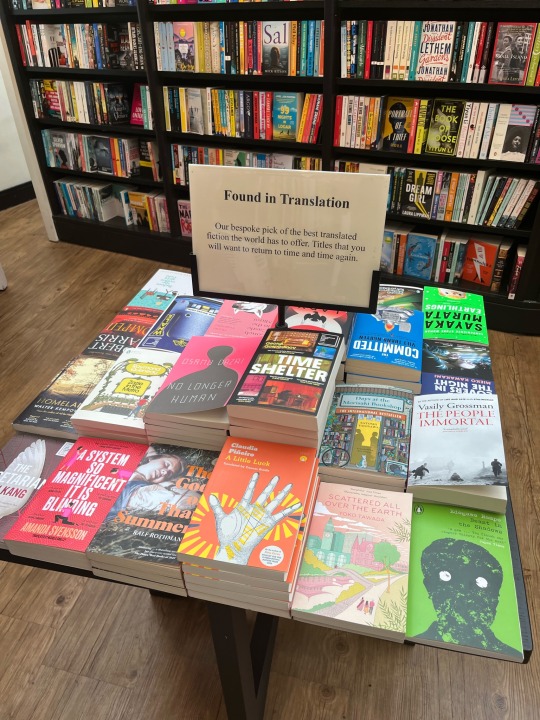

I went to Southampton last week and found mystified surrounded by books 💕
#books#book#bookish#bibliophile#bookworm#book store#shelfie#translated fiction#translated literature#bookshop#book photography#bookstore#bookblr#pawswithprose
181 notes
·
View notes
Text
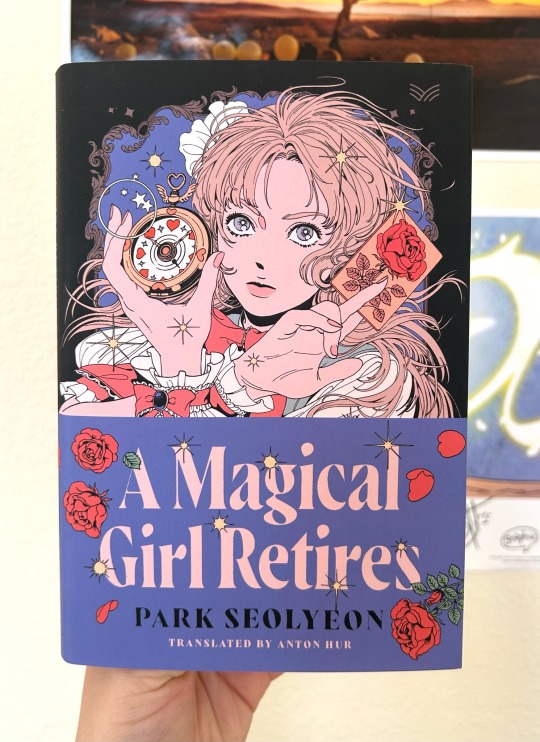
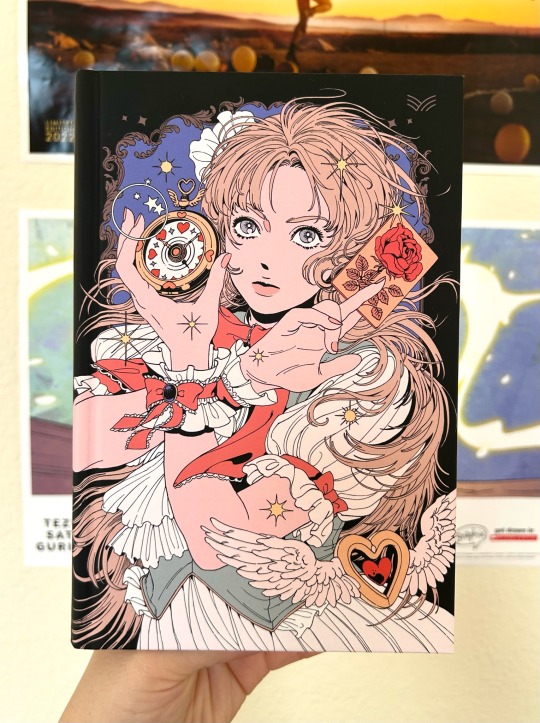
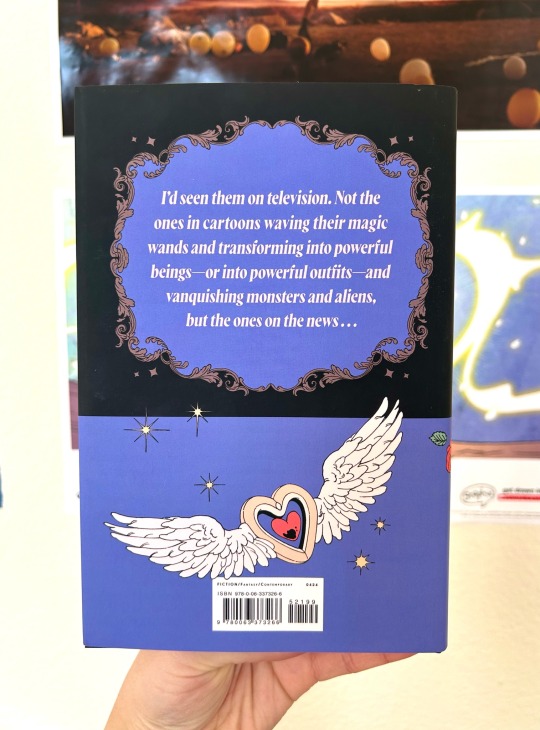
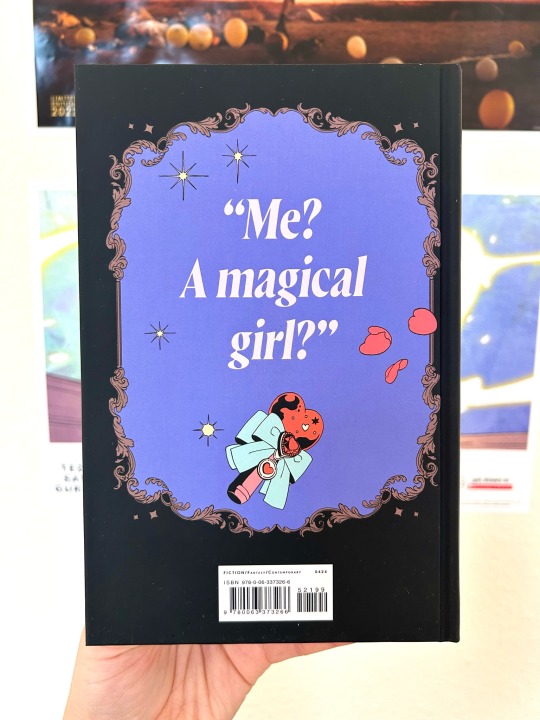
with & without the book jacket ❤️💫 beautiful!
52 notes
·
View notes
Text

from the shelf: anna karenina, leo tolstoy
#philosphy#on living#lit#reading#anna karenina#russian literature#classic literature#classic lit quotes#leo tolstoy#translated literature#translated fiction#b: from the shelf#food for thought#to be oblivious is to live
11 notes
·
View notes
Text
مفلسی سب بہار کھوتی ہے ، مرد کا اعتبارکھوتی ہے
کیوں کے حاصل ہو مج کو جمعیت ، زلف تیری قرار کھوتی ہے
ہر سحر شوخ کی نگہ کی شراب، مج انکھان کا خمارکھوتی ہے
کیوں کے ملنا صنم کا ترک کروں ، دلبری اختیار کھوتی ہے
اے ولی آب اس پری رو کی، مج سنےکا غبار کھوتی ہے_
poverty takes away spring and trust from a man.
when i find peace, you take it away.
every dawning the compelling look, takes away the crapulence from me.
why should I abandon meeting my beloved, it takes away the option of being loved.
Wali, the radiant venust face, takes away the sadness of my body.
Wali muhammad Wali—
(translated by rushda-akbar)
#photography#anime and manga#dark academia#writing#dark academic aesthetic#urdu literature#urdu shayari#poets on tumblr#poetic#original poem#translated literature#translated fiction#translation#poem#urdu ghazal#writers and poets#poetry#artists on tumblr#writers on tumblr#writeblr#tumblr girls#literature#lit#quoteoftheday#beautiful quote#urdu lines#urdu poetry#translated poetry#my translations#english translated
21 notes
·
View notes